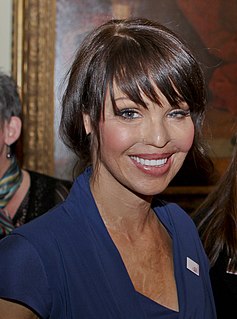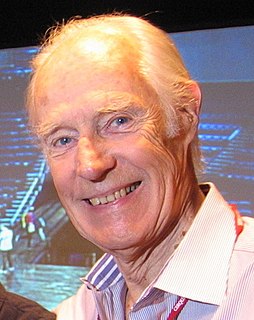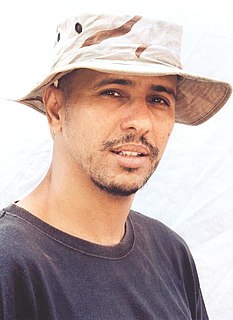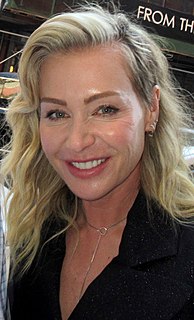A Quote by Suzanne Collins
One night, I was lying in bed, and I was channel surfing between reality TV programs and actual war coverage. On one channel, there's a group of young people competing for I don't even know; and on the next, there's a group of young people fighting in an actual war. I was really tired, and the lines between these stories started to blur in a very unsettling way. That's the moment when Katniss's story came to me.
Related Quotes
I'm interested in the ongoing war between the individual and community. That inner dissent against whatever group is surrounding you. No one wants to cede their selfhood to a group, right? And yet no one can exactly live outside the group, either. Even the most obstinate survivalist probably lives in some telepathic communion with all the other obstinate survivalists out there in the woods.
It seems that, culturally, young people function more in groups. They know each other through digital media. All the young comedy people who work in TV are really used to working at the table with lots of writers around. They're comfortable in the group; they don't assert their own egos over everyone else.
Even very recently, the elders could say: 'You know, I have been young and you never have been old.' But today's young people can reply: 'You never have been young in the world I am young in, and you never can be.' ... the older generation will never see repeated in the lives of young people their own unprecedented experience of sequentially emerging change. This break between generations is wholly new: it is planetary and universal.
You've got the people you know, which are problematic. Always. They're rich but they're also real people living their lives alongside you. Then you've got the people that you make-up completely, who are often missing a dimension if they don't have some reference to real people. So strangers exist in this in-between space, where in not knowing them, you are creating a fiction for them, even in passing, but at the same time, there they are, with their actual bodies and their actual clothes. It's totally enticing.
Reality TV now doesn't feel reality TV when it started. The line between reality and fiction is blurred. So many of these people are phony or shallow, in their own right. If you've ever watched any of The Real Housewives, or those types of shows, they're all performing. Even though they're real people, they're performing.





































